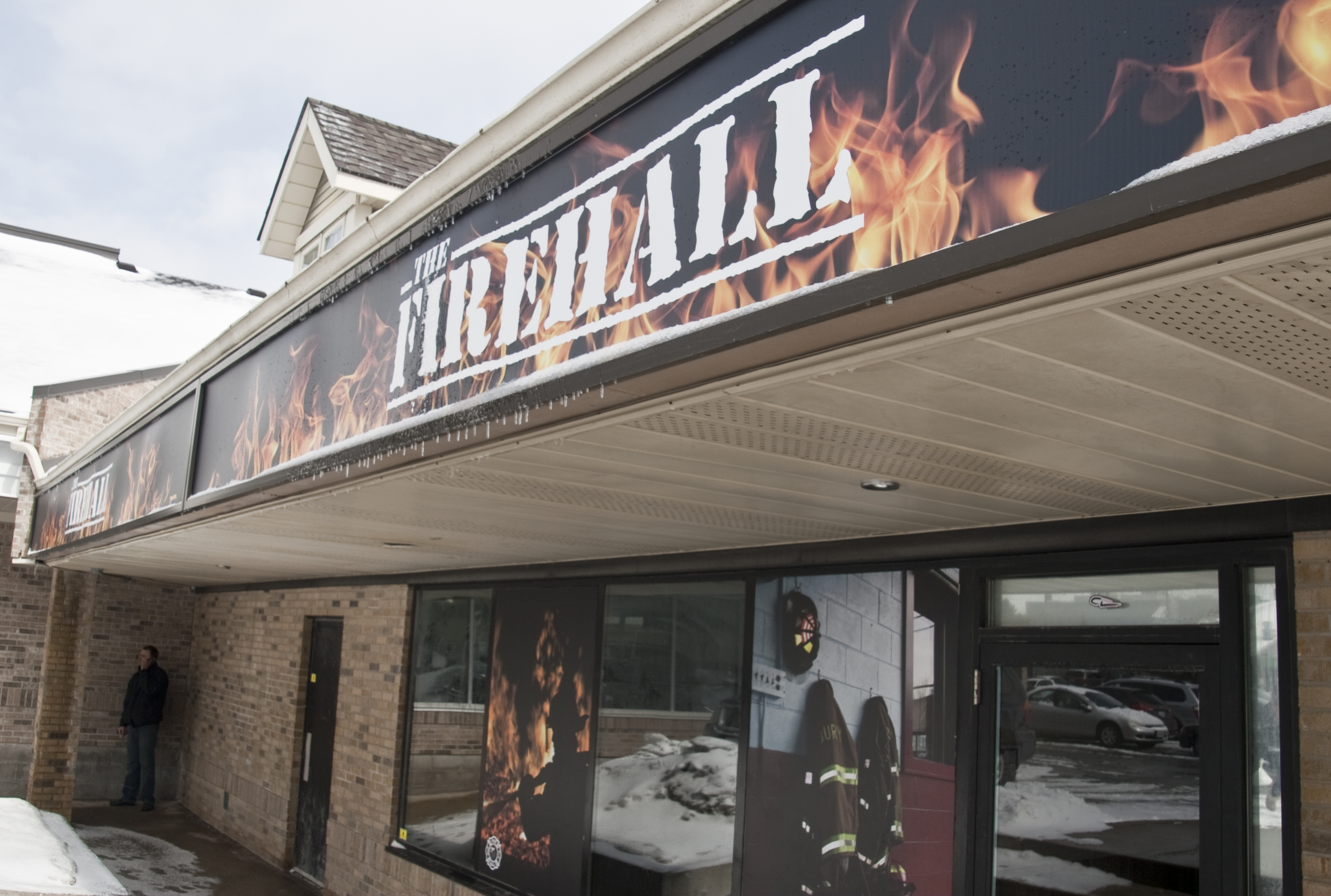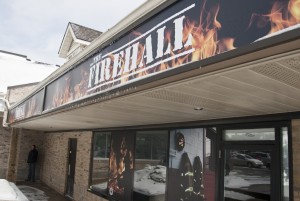Ontario liquor laws need overhaul


Just last week, the popular student club, The Firehall had its liquor license revoked. Though ostensibly for selling alcohol to minors, The Firehall’s arbitrary inability to sell liquor is just another manifestation of government puritanism and protectionism.
Ontario has always had pretty tough alcohol laws, going back to the institution of prohibition in 1916. Though prohibition in Ontario ended in 1927, the alcohol industry, particularly concerning spirits, has always been a heavily regulated one in Ontario.
The Liquor Control Board of Ontario, more popularly known as the LCBO, was established in 1927 to control the sale of wine and other alcohol. Though a nearly omnipresent institution in Ontario, its retail operations and the total monopoly it enjoys means the LCBO is not as friendly as it seems.
The LCBO is the only retail chain licensed to sell liquor in Ontario. Nobody else is allowed to even enter the market, much less compete; it’s an absolute monopoly. The process of competition for consumers under normal market conditions is totally removed from the LCBO, who operate without anyone trying to win over their customers through superior service or prices.
Normal market incentives simply do not apply. The LCBO artificially inflates its prices to serve the repressive urge in government in order to curb “excessive” drinking. Price floors—minimum prices that the LCBO will not go under— protect major brands that do not have to worry about price competition from newer firms.
The LCBO is not a gentle monopoly; it supports entrenched manufacturers through totally artificial price fixing. The LCBO also price-promotes less alcoholic beverages, light beer especially, creating an obvious disturbance in buying patterns that just leads to more light beer.
The Firehall may have served minors, however such allegations remain largely unproven to the public. But the LCBO has a massive and institutional problem with selling to those who are underage.
A 2011 study found the LCBO served alcohol to one in four minors. In comparison, normal convenience stores sold tobacco to an average of one in eight minors. In other words, it is easier to buy alcohol underage from a government corporation than it is to buy tobacco from the corner store. If anyone needs their ability to serve questioned, it’s the LCBO.
The Beer Store is even worse. Labbatt, Coors and Sleeman own Brewers Retail, essentially controlling Ontario’s retail beer industry. It’s an almost complete legal monopoly owned and operated by private corporations. The only significant competition in retail is of course, the LCBO.
Though committed to selling domestic, craft and imported beers equally, the Beer Store maintains a number of policies that strengthen the position of existing brands. Brick Brewery of Kitchener criticized the store in 2007 for discriminatory policies they claimed significantly reduced their profits that year, with no good response given.
Ontario Craft Brewers, a trade association for small provincial breweries, has repeatedly asked the Ontario government to allow them to purchase shares in Brewers Retail or to set up a competing chain, and has been flatly denied each and every time.
The Beer Store isn’t any better than the LCBO for selling to minors with the study showing one in five minors could buy alcohol there. Private businesses like convenience stores, menaced by the law as they are, have great incentive to comply while the provincial monopoly fails to enforce even basic standards.
Privatization of the LCBO and the Beer Store has come up several times and has never been seriously considered by the Ontario government. In 2005, while undertaking a report on the alcohol system in Ontario, former Finance Minister Greg Sorbara said any option but privatization would be considered.
This failure to meaningfully act for consumers shouldn’t be surprising. The alcohol monopolies generate vast amounts of revenue, well in the billions, and any attempts at privatization or monopoly removal would destroy these precious provincial revenues.
The government has a long record of restricting the consumption of alcohol for some nebulous public good, from prohibition to monopolization. The Firehall’s license removal is just a symptom of this paternalistic impulse to control.
The Ontario government’s attitude towards alcohol is a harmful throwback to prohibition and moral furor over alcohol. The licensed dealers like The Beer Store and LCBO, are unfair monopolies squashing competition in an area where there is ample evidence such treatment is not needed. The liquor licensing system is arbitrary and brings out the worst in the government.
letters@thecord.ca


